The taboo surrounded by menstruation in India has always denied the dignified menstruation to our menstruators*. Affordable menstruation management products** to absorb or collect menstrual discharge, safe and private facility for changing and disposing of the used product play a bigger role in providing this dignity to them. The cause of dignified menstruation was already picked up by the government and many NGOs in India. However, the recent outbreak of COVID-19 coupled with existing issues of negative social norms and lack of basic sanitation facilities is derailing the cause in India.
After the outbreak of COVID-19 UNICEF (The United Nations Children's Fund) has come out with a brief titled ‘Mitigating the impacts of COVID-19 on menstrual health and hygiene'. While talking about the secondary effects of the pandemic the paper has highlighted the challenges of menstruating women and menstruating healthcare workers. It has also provided some solutions to deal with them.
24-year-old Dr. Sonali Thawkar while narrating her story said, ‘We doctors are currently working in shifts of 6-12 hours and for one shift we get one Personal Protective Equipment (PPE). I am currently on my periods. I can’t even eat, drink or urinate all day, while wearing PPE, let alone change my sanitary napkins during my long shift.” She is a doctor and currently posted in Yavatmal’s Government Hospital. Single time usage protocol of PPE prevents quick changing of a sanitary napkin. Thus for many healthcare workers and doctors, working in PPEs during their menstruation is more discomforting than on normal days.
Donning and doffing of a PPE is a task in itself and takes a considerable amount of time for every healthcare worker working in COVID-19 wards. Most of the PPEs are of single-use and currently many hospitals in India provide a bare minimum number of PPE kits. Thus during the duty, changing PPE or taking a break is not something that a doctor can always afford.
Highlighting the importance of maintaining menstrual hygiene for the healthcare workers amidst this pandemic, the UNICEF report has requested to procure sanitary napkins as essential supplies for menstruating health care workers. It further stated to provide a sufficient quantity of PPE that would allow taking breaks at least every 4 hours to change the menstrual management material, particularly where tampons are used to avoid the risk of toxic shock syndrome.
While talking about this issue Dr. Samidha Dalvi, Gynecologist, and IVF Specialist from Pune said, “In a country like India not just 8 hours, at times the health care workers are made to work for 12 hours at a stretch. The majority of the nursing staff comprises almost 70-75% of women who are the main frontiers of this healthcare system. These workers face countless challenges managing their menstrual hygiene wearing PPE.” Dalvi also highlighted that adequate PPEs for menstruating health care workers should be provided as bleeding for hours together without changing the menstrual hygiene material can cause a lot of complications further. These complications according to her can be the allergies, deadly vaginal yeast infections, extreme uneasiness, foul-smelling vaginal discharge, and urinary tract infection. To ease this trouble she suggested usage of high absorbency pads and considering low dose contraceptive pills after discussing with their gynecologist (for those who bleed profusely during menses or have extreme pain).
Many people in India still consider the menstruating women as impure, dirty and keeps them out of the household work which almost leads to ostracism for those five days in a month. Lack of awareness and illiteracy in our society has added to this. Many NGOs and governments are currently working to make people aware of the issue.
The cost of the cheapest sanitary napkin in India is more than five rupees in the retail market. Even after skipping the sanitary napkins and tampons from the GST list in 2018, their price could not go down. The government under GST norms refunds the entire tax it had collected on inputs or raw materials, provided the producer has paid tax on the final product. Therefore, zero GST paid on the final product would mean that manufacturer of the sanitary napkin can’t claim the final tax credit.
According to many studies, very few women in India use hygienic methods of protection (mostly sanitary pads). The usage of tampons and menstrual cups in India is very limited. During their menses, women from marginalized sections tend to use cloth, old newspapers, rags, and sawdust. Although the survey siting this was highly criticized for manipulating the data to benefit the menstrual hygiene product industry, it is no secret that in India it is the struggle between buying the food and buying a sanitary napkin for many women. Due to this pandemic followed by lockdown, many informal sector workers have lost their livelihood, and in such times, even those who would buy sanitary napkins earlier will not be able to afford them now.
To tackle the issues of women from the marginalized section, UNICEF has asked to take measures to ensure supplies of sanitary napkins to the menstruating patients in communities and institutional settings. For many who are quarantined and do not have access to piped waters at their places, it has asked to include sanitary napkins in distributions of food or non-food items. In addition to this, it also suggested methods like encouraging manufacturers in allied industries such as clothing or paper products to maintain the increased demand and transferring cash assistance targeted at women to help them buy sanitary napkins.
Also, thousands of people from the marginalized section in India do not have access to piped water and private space to change the sanitary napkin. The lockdown and stricter rules have made the struggle more difficult for many women who are dependent on public toilets and bathrooms in the urban slums. Providing temporary and clean toilet facilities near to their homes will be of great help to such women.
India has schemes like Suvidha Yojna by Central Government, Asmita Yojna of Maharashtra Government, and Khushi Yojna by Odisha Government which aims at providing cheaper sanitary napkins to women and girls. However, the penetration of these schemes, according to many reports, remains low as they fail to reach the masses like any other government schemes.
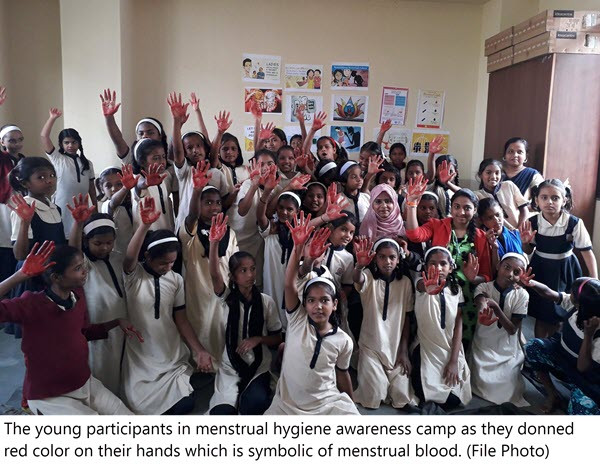 Currently, many NGOs are distributing sanitary napkins to women from the marginalized sections of society. One such NGO is Kshitij Foundation from Maharashtra. The founder of Kshitij, Snehal Chaudhary is known for her social media campaign #bleedthesilence which aimed at ending the taboos of menstruation. Chaudhary currently stays in Akola in Maharashtra. Her NGO has gotten donations of sanitary napkins from the big medicals across the town which are distributed with food to the marginalized women in Akola.
Currently, many NGOs are distributing sanitary napkins to women from the marginalized sections of society. One such NGO is Kshitij Foundation from Maharashtra. The founder of Kshitij, Snehal Chaudhary is known for her social media campaign #bleedthesilence which aimed at ending the taboos of menstruation. Chaudhary currently stays in Akola in Maharashtra. Her NGO has gotten donations of sanitary napkins from the big medicals across the town which are distributed with food to the marginalized women in Akola.
Other NGOs like Baala Project, Action Aid India, Eklavya Foundation are also distributing pads across various cities in India. Saral Designs is a Mumbai based start-up that makes automatic machines for local production of sanitary napkins. The startup, through its social outreach program, has given sanitary napkins to more than 4900 beneficiaries across slums of Malwani, Govandi, and Mankhurd in Mumbai where water shortages are predominantly leading to unhygienic and poor sanitation conditions.
Menstruation affects the overall wellbeing of women and issues like abnormal periods cycle has always troubled them. According to UNICEF to the date, there is no evidence of the impacts of COVID-19 on the menstrual cycle directly. It mentioned that stress, anxiety, and malnutrition resulted from this pandemic can impact the reproductive health of women. Barring this, news sections of many media houses are also flooded with news about women complaining disturbed menstrual cycle since lockdown.
For the 23-year-old Punita Tirkey, a regular menstrual cycle of 28 days has been a routine since she first got her periods. After the lockdown, Punita's menstrual cycle got a bit disturbed and she got her periods in just 22 days. She also complained of abnormal discharge this time. Mrunmayee Charpe, who is a 28-year-old civil engineer from Akola said that she always gets her period regularly, but this time they are late. She also complained of unusual and severe mood swings which she believes are the result of a disturbed cycle. Shreya Sinha who is a senior sub-editor at India Today said, “I have polycystic ovaries which require me to take daily medication to ensure a smooth cycle. The medicines would also reduce cramps. However, since the lockdown, I have had two cycles with intolerable pain, which is abnormal despite taking medicines.”
According to Dr. Samidha Dalvi, these issues are the result of sudden stress and anxiety associated with the COVID-19 lockdown as the stress levels often affect the hormonal milieu. Almost all of the girls mentioned above could not consult their doctor and are waiting for the easing of lockdown norms to physically visit the clinic. Dr. Dalvi suggests that lifestyle modification like yoga, meditation, a healthy diet, and staying happy may help deal with this stress factor.
When a person cannot manage their menstrual hygiene, it can negatively impact their rights, including the rights to education, work, and health. How many of you know that lack of basic sanitation facility in schools is one of the major reasons for girls dropping out of school when they start menstruating? Thus the ‘M-debate’ is multifaceted and is interlinked with bigger issues like gender inequality, overall health and well-being of women, education, equity, empowerment, and rights. In addition to the affordable menstrual material and sanitation facilities, positive social norms, easy access to the knowledge related to the menstruation will definitely reduce the stigma associated with menstruation thereby giving the dignity to the menstruator.
(* A menstruator is a person who menstruates and therefore has menstrual health and hygiene needs – including girls, women, and transgender and non-binary persons. Throughout this guidance, the term ‘girls and women’ is used as a shorthand term to increase readability and refers to all menstruators regardless of gender identity.
** Menstrual management/hygiene material include sanitary napkins, tampons, menstrual cups, and reusable pads, etc., the word sanitary napkin is used instead of this because in India most of the girls prefer using sanitary napkin.)
- Jagruti Katkar, Pune.
jagrutikatkar92@gmail.com
(The writer is a freelance journalist)
Sources:
1. Mitigating the impacts of COVID-19 on menstrual health and hygiene
2. 'Would Delay Periods Than Stain Suit': China Under Fire as Women Coronavirus Workers Share Struggles
3. Project BAALA
4. Saral Designs
5. Kshitij Foundation
Tags:Load More Tags

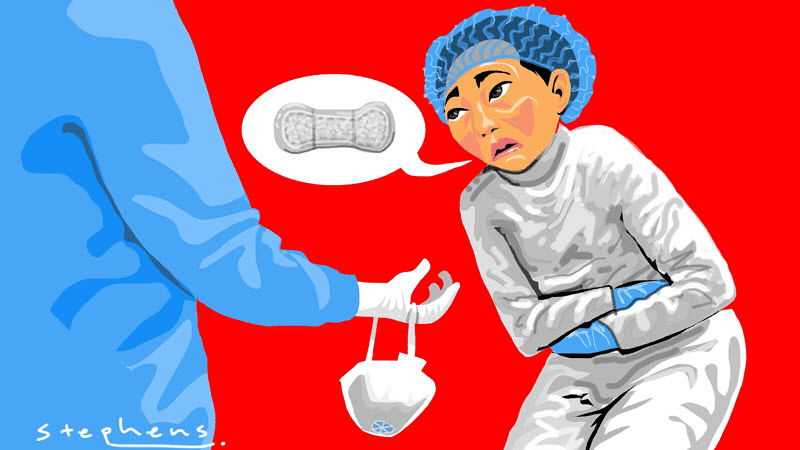

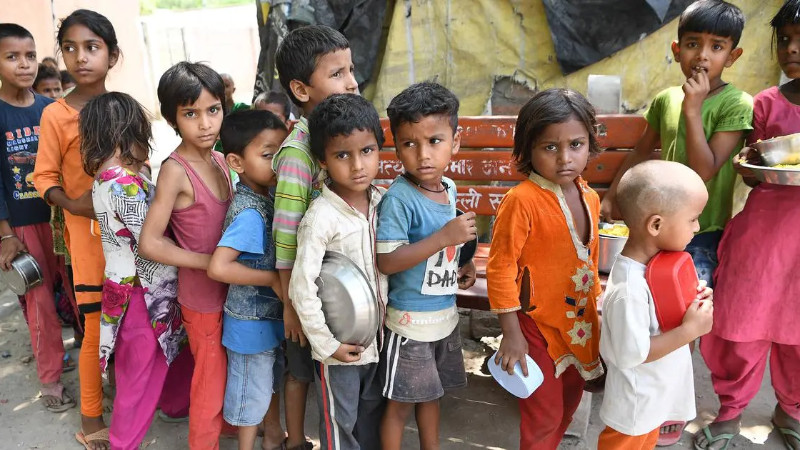
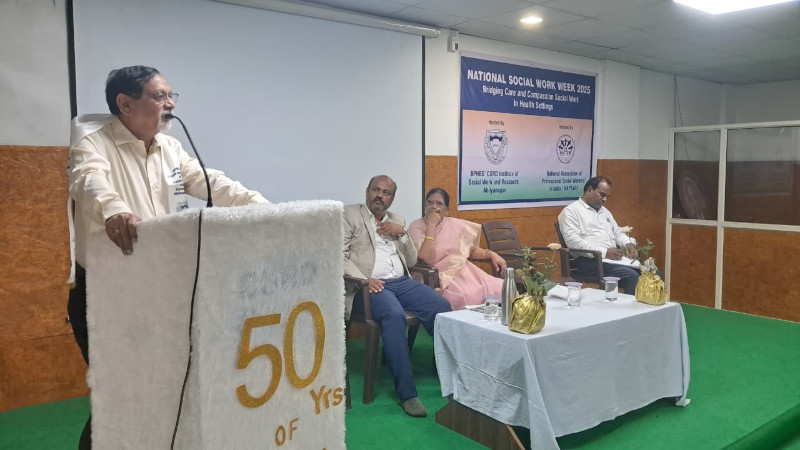
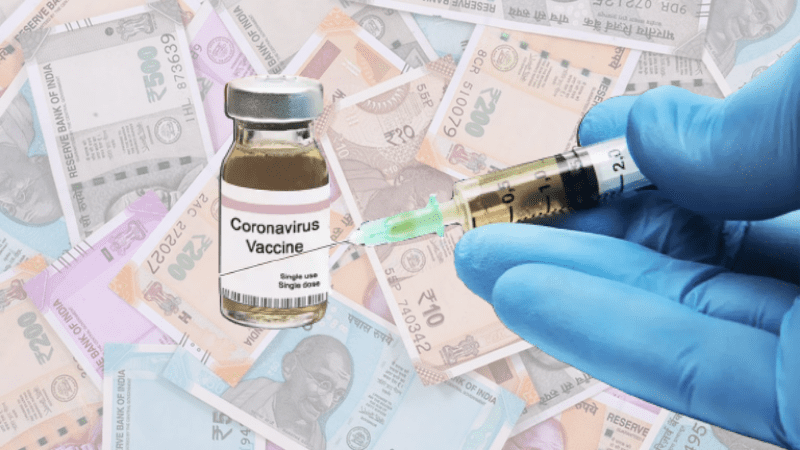
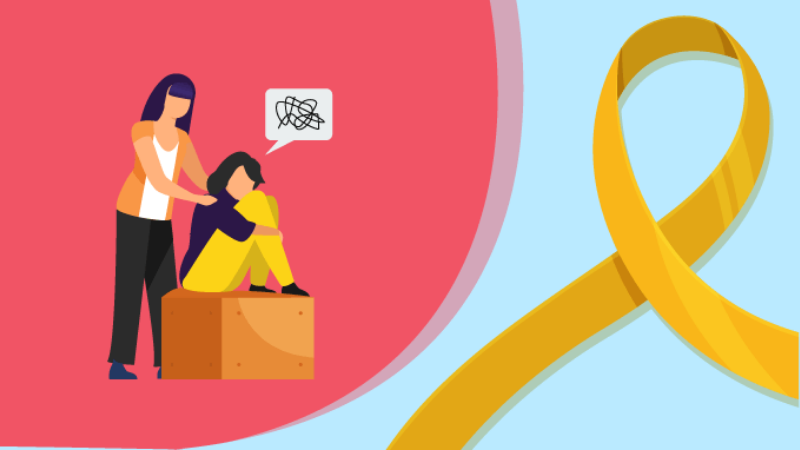
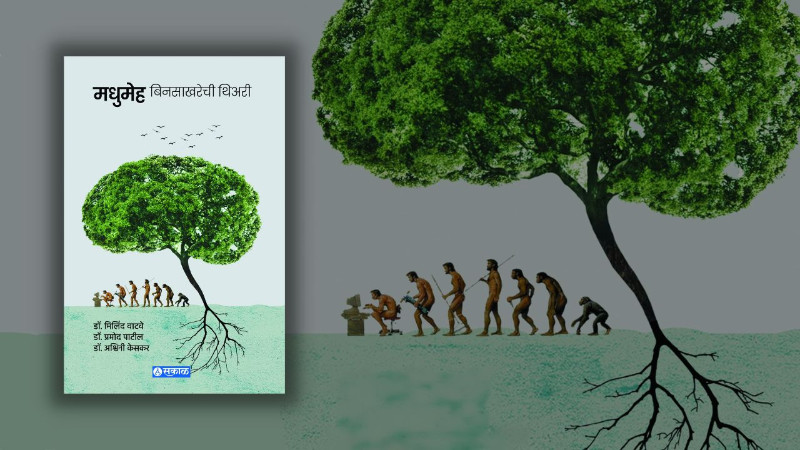
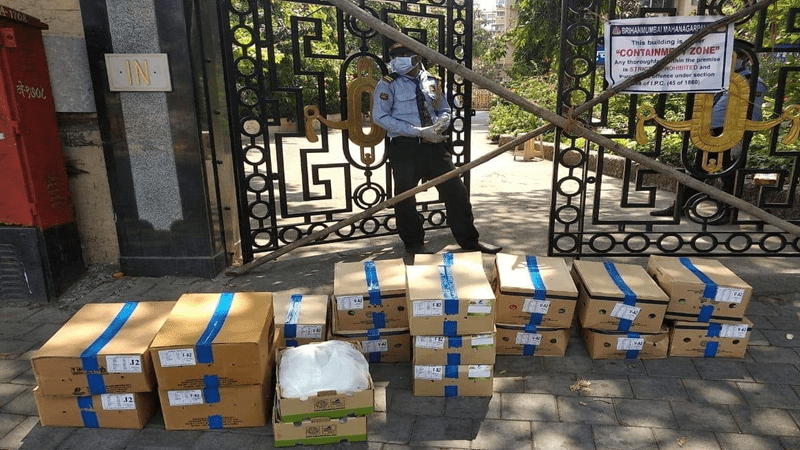

























Add Comment